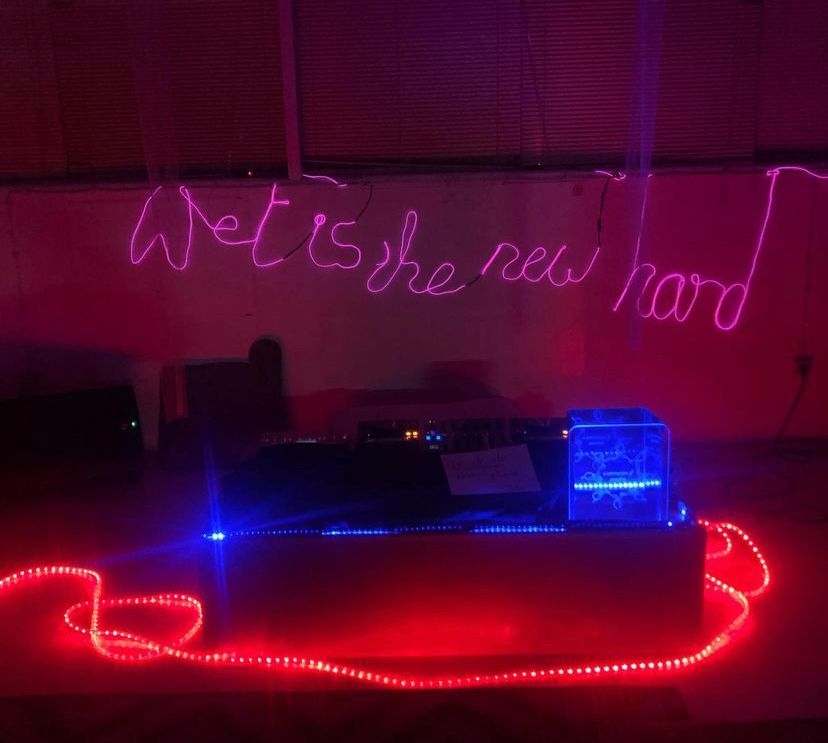Members-only: clubbing at Lisbon’s cultural associations

Desterro, the street name of a venue known for late opening hours established in 2014, was the first spot of this kind Lisbon partygoers would tell you about. Years later, in 2019, a former soccer club bar was converted into what is now referred to as Cosmos, operating from evening to early morning. More recently, the crew behind the queer-feminist Mina Suspension parties opened their new fixed location at Planeta Manas, which since 2021 has been competing with the most prominent nightclubs in the city in terms of bookings, audience, and working hours.
Besides their unusual locations in then-yet-to-be-gentrified areas of the city, these spaces all share the premise that they are only accessible to members of the cultural associations that are running them. Attendees must, therefore, agree to fill in a registration form and pay a yearly membership fee (usually symbolic, 3 euros). This does not include the entrance fee, which depends on the event, and drinks at the bar which are also paid separately. The atmosphere inside resembles more of an intimate gathering at a private event instead of the typical bars or clubs, under the tight control of visually intimidating security staff.
Who may qualify as a cultural association and why start one? The main distinctive requirement is a community organized horizontally rather than the divide between owners and the audience. According to the website of the Lisbon City Hall, “a group of people who have common interests in the area of culture can constitute a cultural association as a way to develop an activity within the scope of those interests and to be publicly represented”. They summarize associações as follows:
- legal entities (with legal personality)
- must be non-profit (that is, they must reinvest all income in the association’s activities and cannot distribute it to members)
- may enjoy tax advantages
Even if they manage to stay active (and taking into consideration that the last two associations emerged during the pandemic), bypassing strict regulations imposed on other venues officially registered as nightclubs, the protection from law enforcement’s action attained by these exclusive member associations is very limited.
Planeta Manas reported on their socials that, earlier this year, more than 20 heavily-armed police forces suddenly raided their newly opened venue during an event. Despite acknowledging it was a mistake, they deliberately invaded their privacy further and randomly searched members for illegal substances.
Far from perfect or a universal solution, associations (cultural or not) are important fringe spaces for social experimentation, catering to niche communities elsewhere in Portugal (like Círculo Católico de Operários do Porto and Sonoscopia in Porto) and the rest of the world (for instance, cannabis associations or “clubs” in Spain, Malta, and South Africa).
